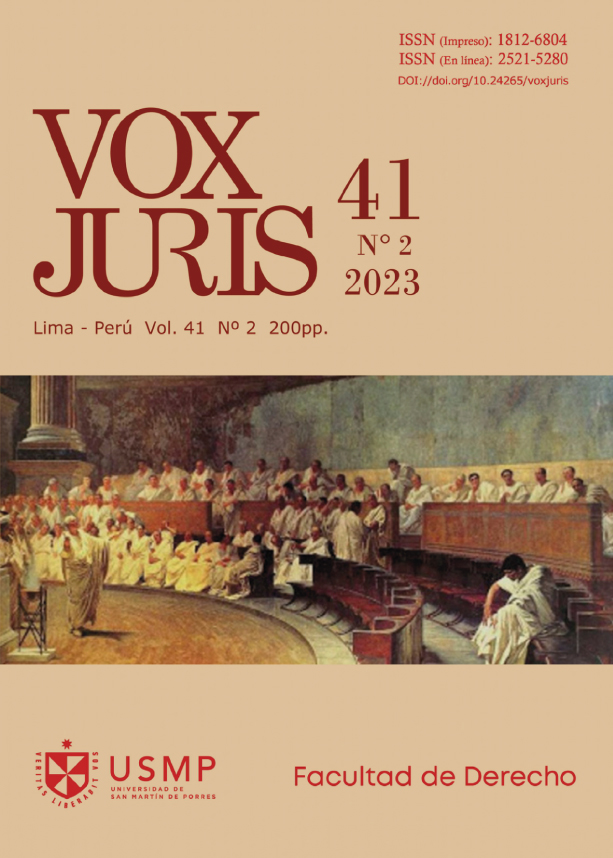FEMICIDE REVIEW: THE MEXICAN CASE
Abstract
The approach of this article is focused through a historical, social, criminological and criminal perspective on the resistance to investigate, the right to truth and the forensic crisis that is faced both in the investigations and in the processes of femicide cases in Mexico. The foregoing taking three Mexican cases as central axes, two of them iconic cases that have led to a transformation on creating laws that are applicable to the fight against gender violence in conjunction with a crime description that promptly collects the gender reasons that they are the cause of this crime; referring in this way to Gonzalez and others vs. Mexico or better known as Campo algodonero, which reached the Inter-American Court of Human Rights opening the way in the treatment of violence against women, with its emblematic and historic sentence. Secondly, we have the case of Mariana Lima Buendía, whose sentence -in Amparo en Revisión- issued by the Supreme Court of Justice of Mexico, establishes that every violent death of a woman must be investigated as a femicide, changing the way in which how criminal investigations involving the deaths of women should be initiated; weighing the gender perspective, due diligence and good practices. The third case shows us how the forensic crisis that Mexico is currently facing directly permeates the investigations of cases of violent deaths of women. This last case is about Debhani Escobar, being the most recent that has convulsed the Mexican society due to the countless inconsistencies in the investigation of her disappearance and death. This is how femicide in Mexico faces great challenges in terms of adapting the instruments and legal framework to not only focus on punishment but also include a vision of forensic and procedural reform that includes public policies for prevention and comprehensive reparations for the victims, as well as a true commitment to the non-repetition of criminal acts against women for reasons of gender
Downloads
Downloads
Published
Issue
Section
License
Copyright (c) 2023 Dora Mayoral Villanueva

This work is licensed under a Creative Commons Attribution 4.0 International License.
Los autores que publican en esta revista están de acuerdo con los siguientes términos:
- Los autores conservan los derechos de autor y garantizan a la revista el derecho de ser la primera publicación del trabajo al igual que licenciado bajo una Creative Commons Attribution que permite a otros compartir el trabajo con un reconocimiento de la autoría del trabajo inicial en esta revista.


